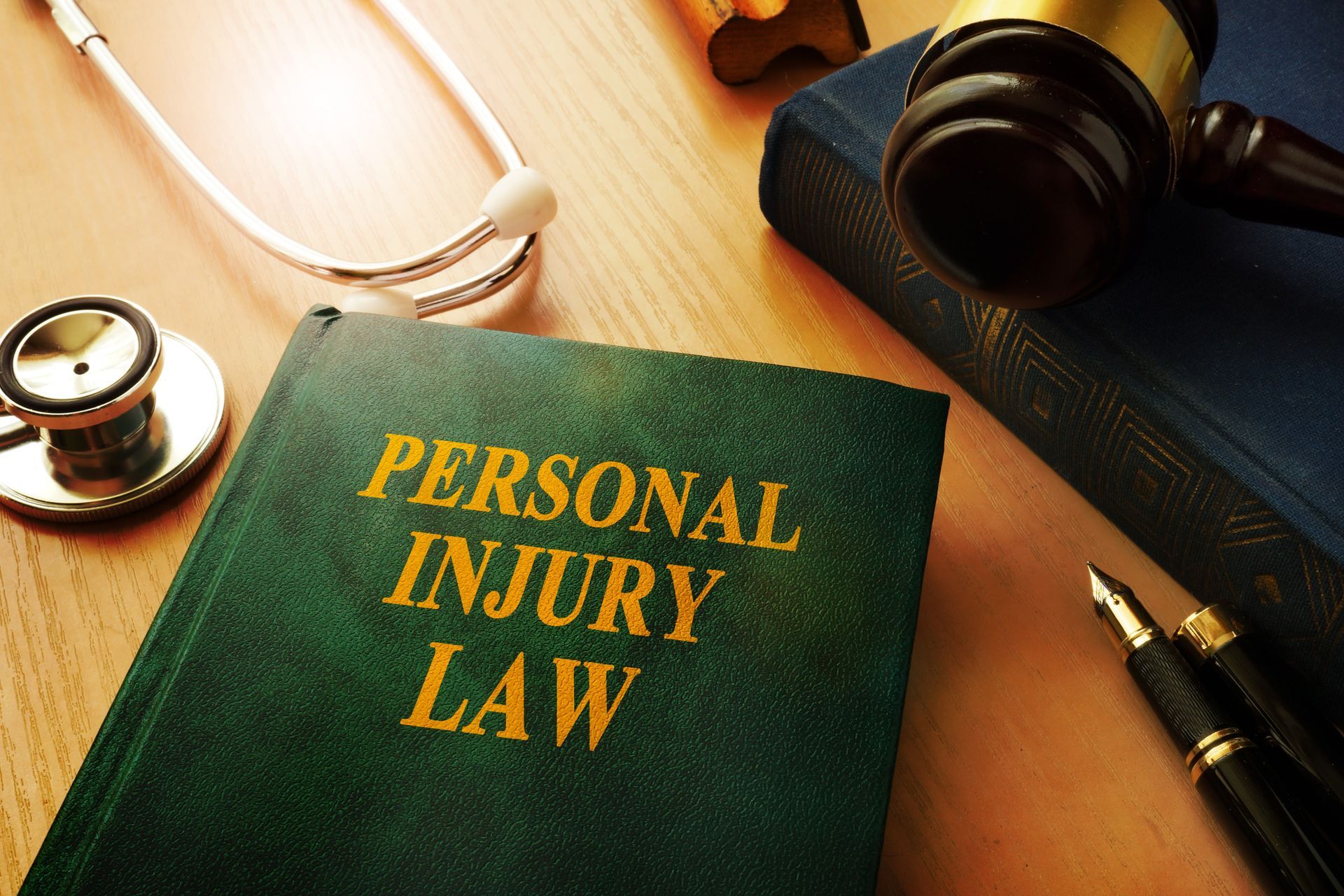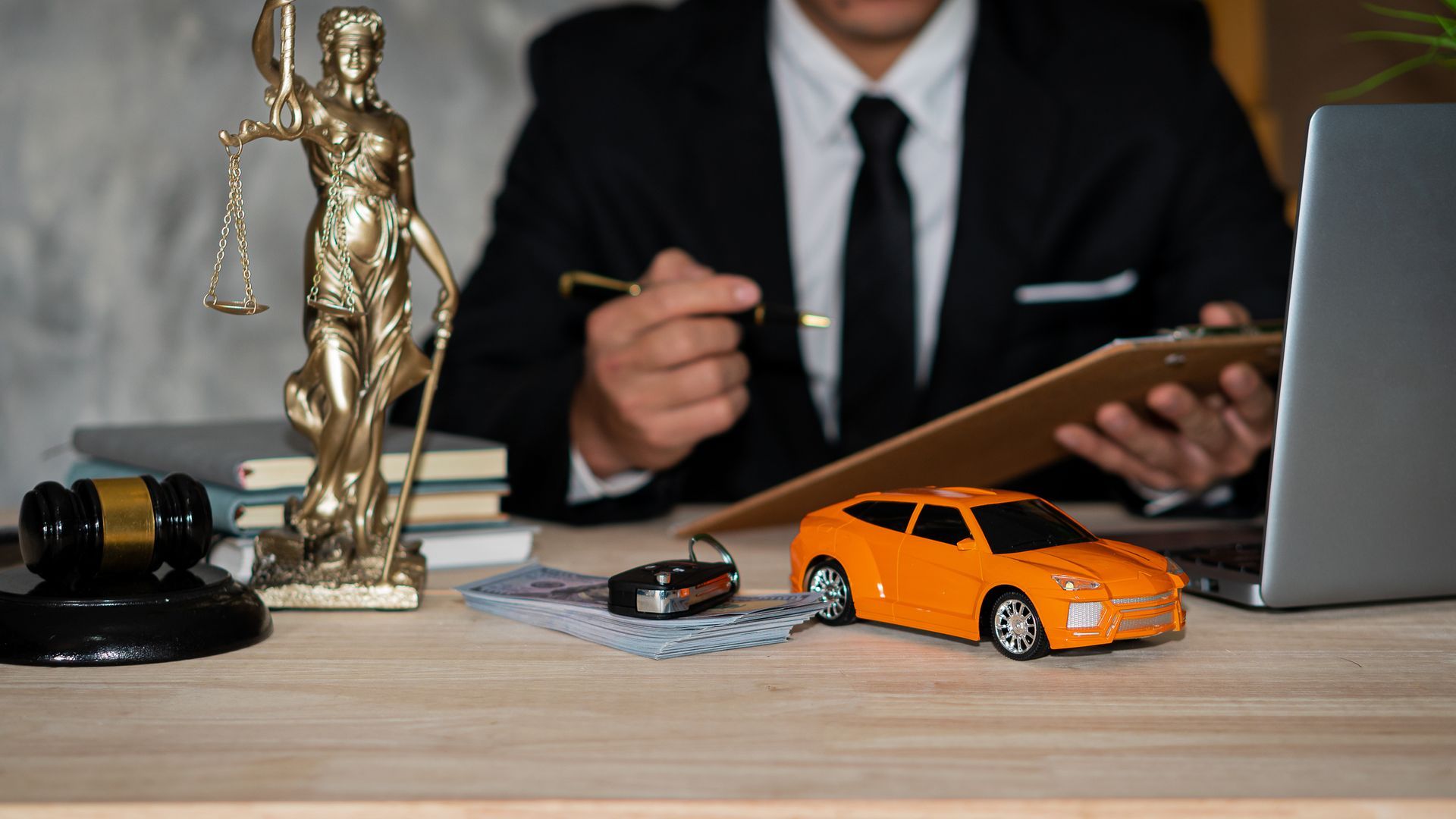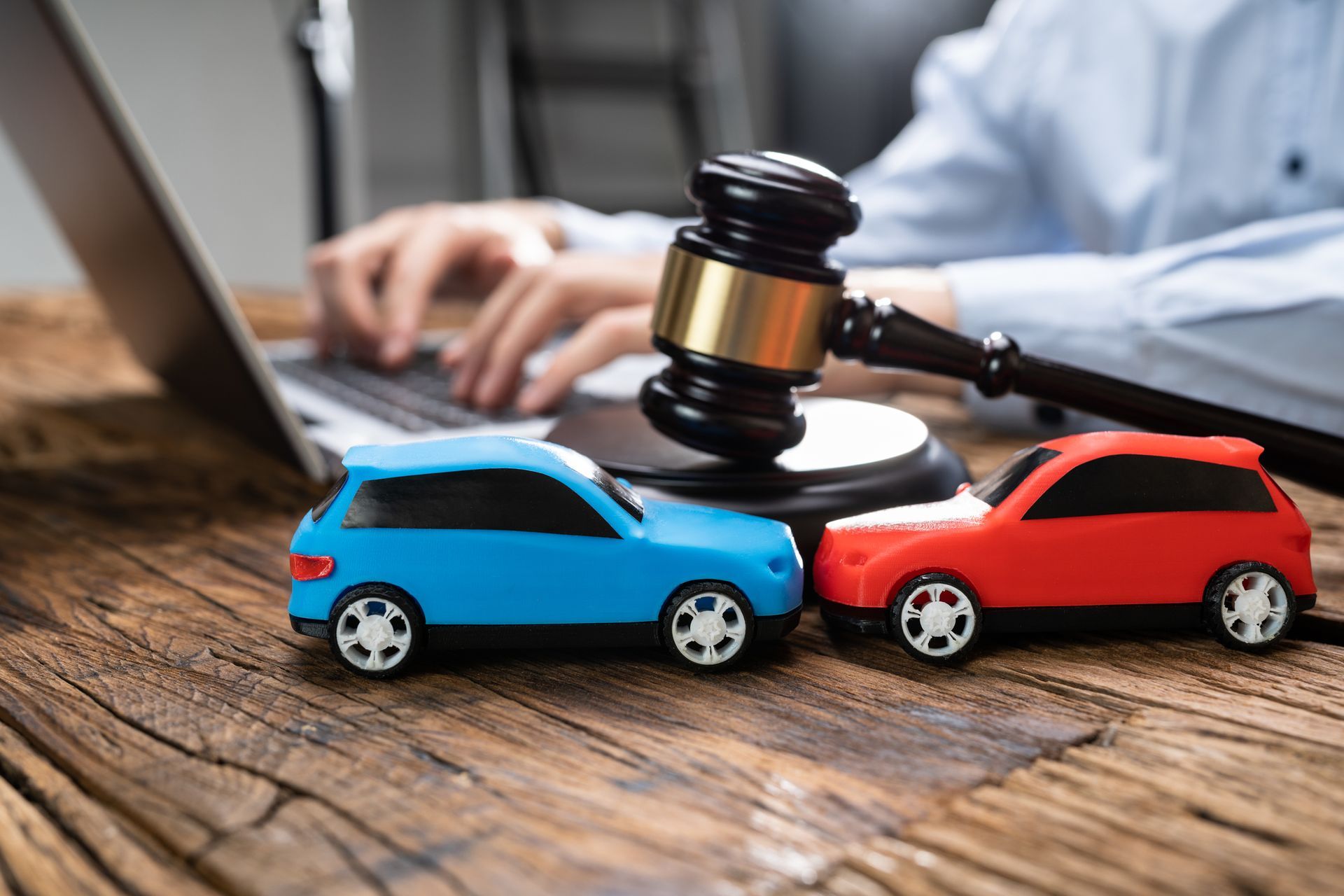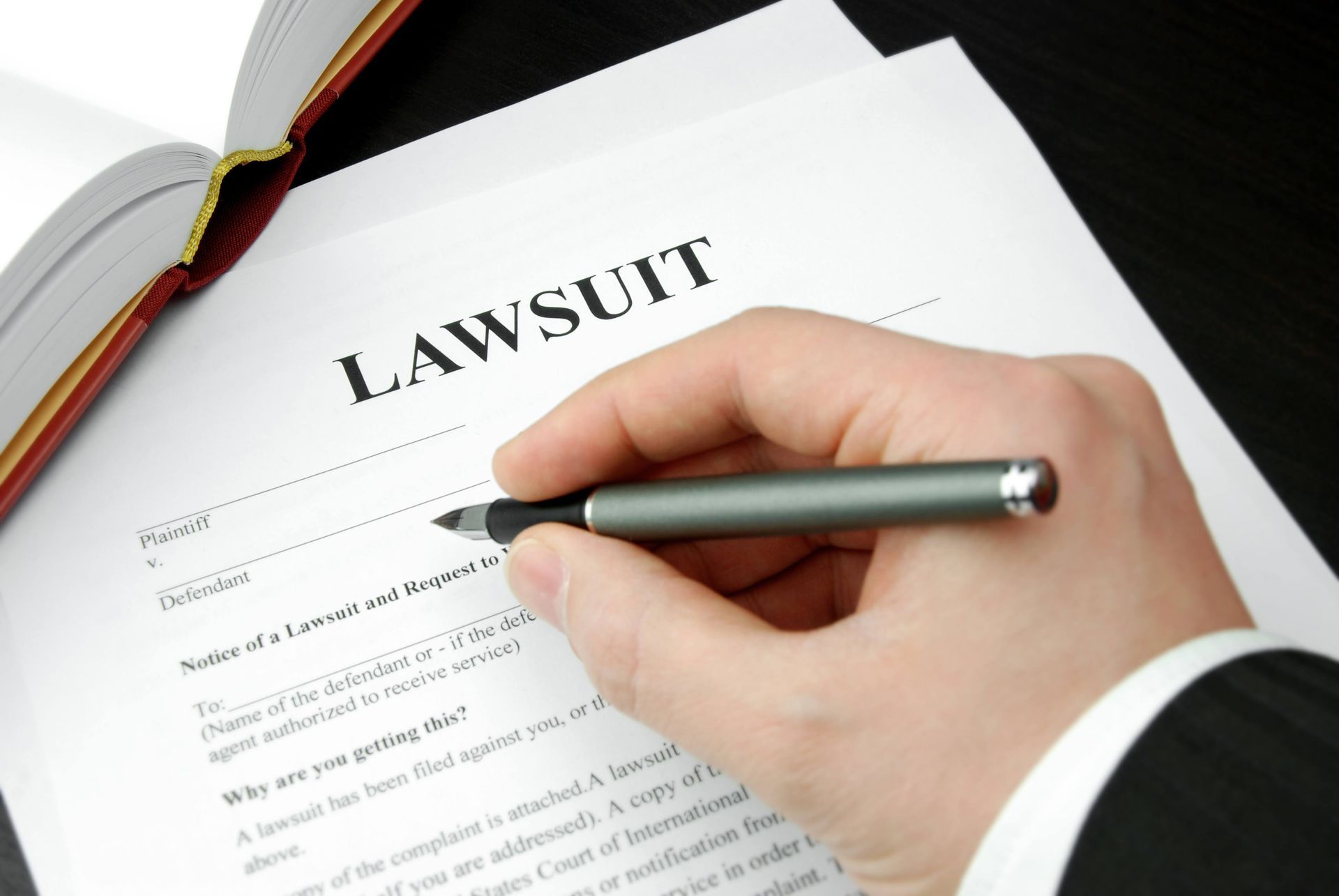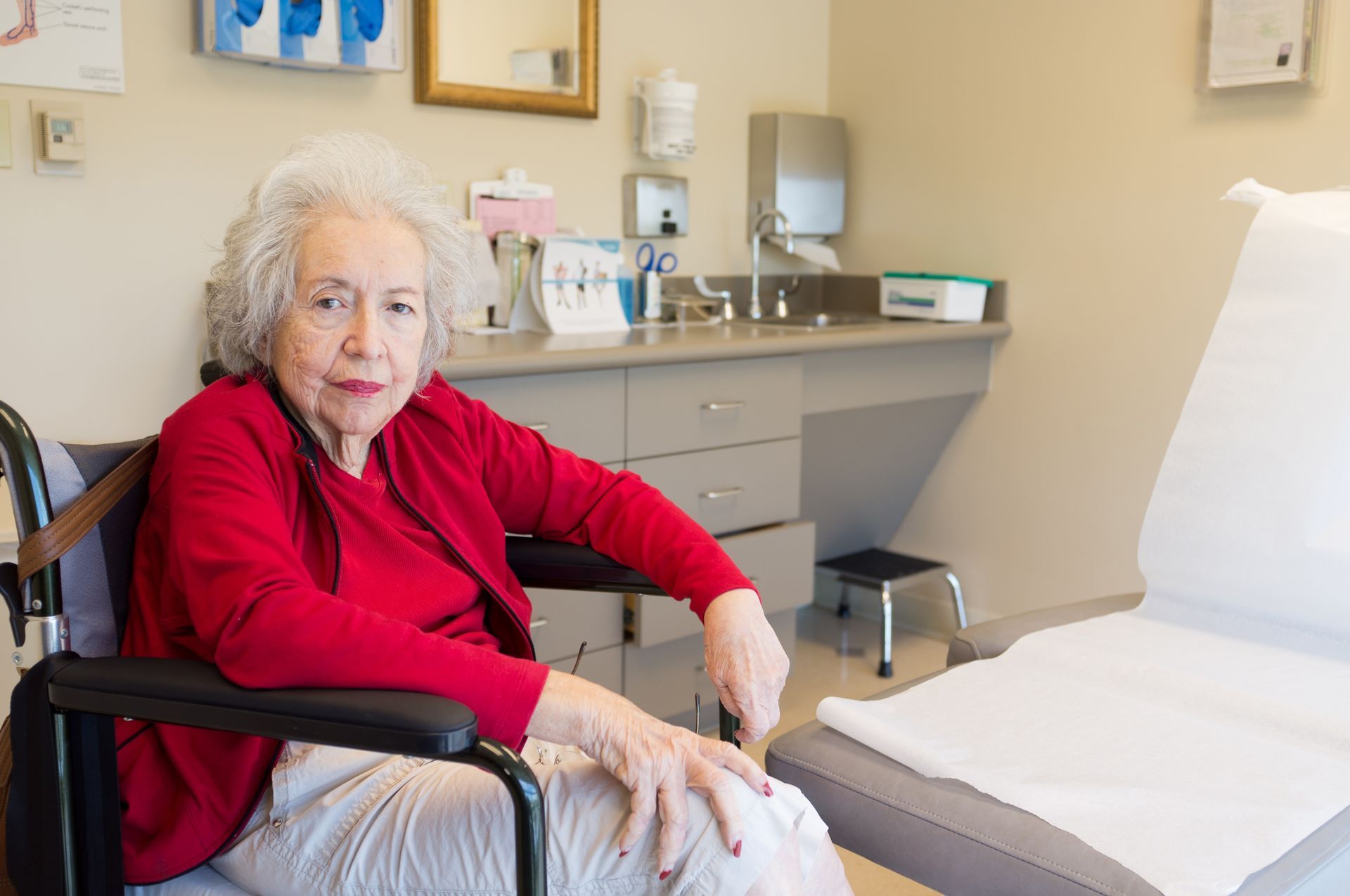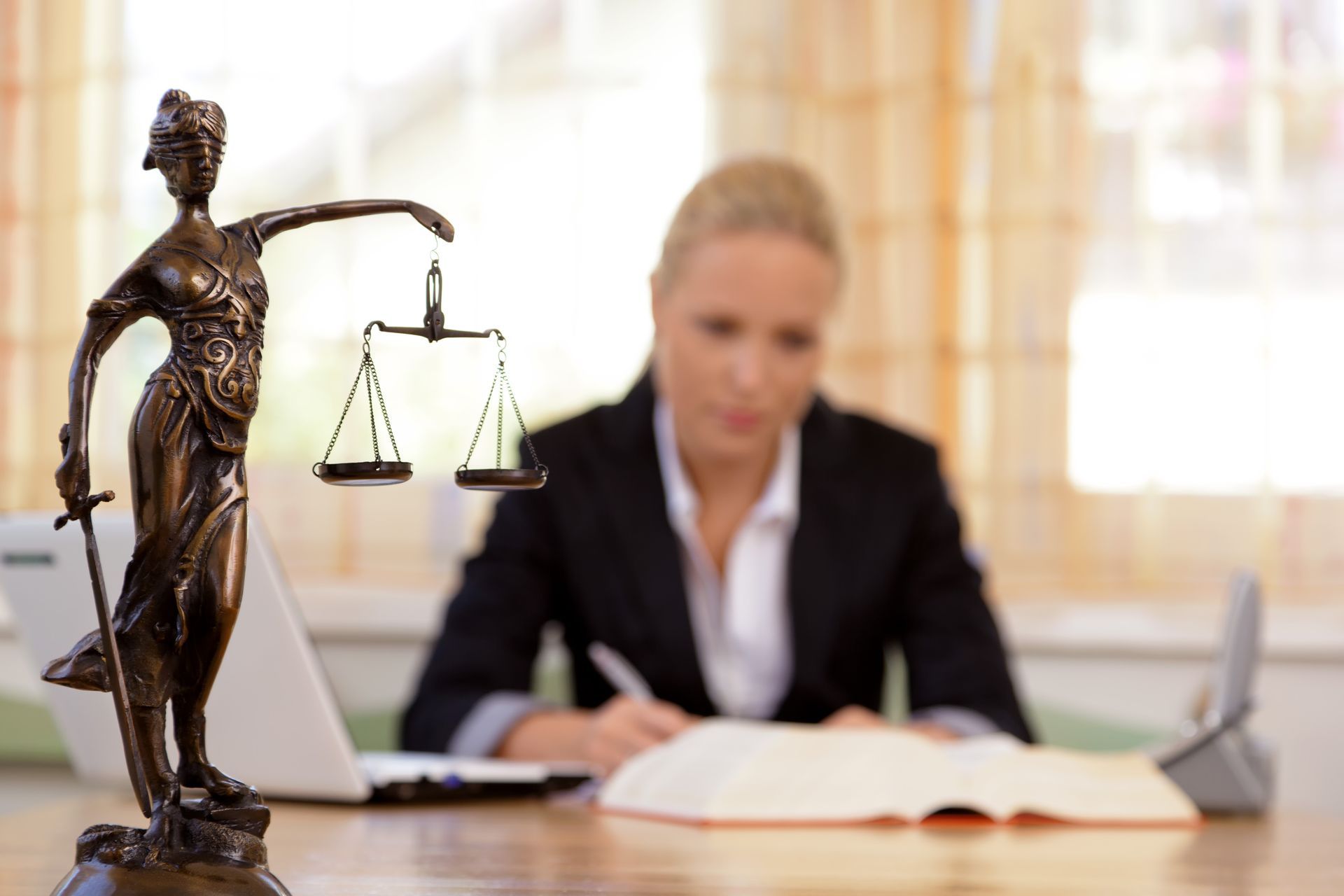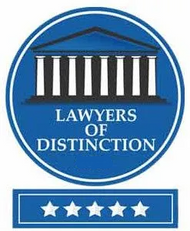Frequently Asked Questions About Trip and Fall Injuries
September 23, 2021

You may have heard or read numerous stories of individuals who brought a claim against the owner of a business or property over a slip and fall accident injury. However, trip and fall injuries may also merit legal action to recover medical expenses and other losses. As similar as these two types of cases sound, their differences can matter when filing a lawsuit.
If you have recently tripped and injured yourself due to a property owner's apparent negligence, you need to understand how trip and fall injuries occur, what forms they can take, and how you can present the most effective case possible. Take a look at some frequently asked questions about trip and fall injuries and lawsuits.
How Do Trip and Fall Accidents Differ From Slip and Fall Accidents?
Because of the obvious similarity in their names, slip and fall accidents tend to get jumbled up with trip and fall accidents in many people's minds. However, although both accidents involve falls, sufferers of slip and fall accidents fall backward, while sufferers of trip and fall accidents fall forward. These two different types of falls can produce significantly different injuries. Slip and fall injuries often leave sufferers with sprained wrists (the result of an effort to break their fall), sprained ankles, brain injuries, and spinal or nerve damage. Trip and fall injuries more commonly cause fractures, lacerations, neck injuries, and foot or ankle damage.
Why Does the Difference Matter From a Legal Perspective?
The difference between a slip and fall accident and a trip and fall accident matters because these two types of accidents tend to stem from different causes. For instance, a slippery floor or recent spill may cause you to slip, while uneven pavement or items on the floor may cause you to trip. These details can make an important difference when establishing and describing the property owner's degree of negligence in a lawsuit. The more precisely you can show how the property owner caused your fall, the more effective your overall case is.
How Do You Pursue a Trip and Fall Injury Lawsuit?
Trip and fall injury lawsuits fall under a personal injury category known as premises liability, in which the owner of a premises bears responsibility for someone else's injury on that property. However, simply falling on someone's property does not entitle you to file a lawsuit; you must also convince the court of the other party's fault.
To make a convincing trip and fall case, you must first show that you had a legal right to enter the property, thus establishing the property owner's duty of care. If you trespassed on that property, with or without the owner's knowledge of your presence, you cannot successfully pursue a trip and fall injury lawsuit against the owner.
Nor does the fact that unsafe conditions caused your fall necessarily call for a trip and fall lawsuit. To prove negligence, you must show that the owner actually knew about the unsafe conditions in advance and did nothing to correct them. Finally, you must show that the negligence in question caused your injury and resulted in losses.
How Does New York Assign Liability in a Trip and Fall Injury Lawsuit?
Different states use different measuring sticks to determine and assign liability in personal injury cases. New York follows the rule of pure comparative negligence. Under this rule, the percentage of your own fault versus the fault of the other party can reduce your award by the same percentage of the total dollar amount. If a recent trip and fall accident has upended your quality of life, you need experienced, skilled legal counsel to help you get the compensation you deserve. Contact the experts at Schonberg Law Offices to learn more about trip and fall accident lawsuits and schedule a consultation.
If you have recently tripped and injured yourself due to a property owner's apparent negligence, you need to understand how trip and fall injuries occur, what forms they can take, and how you can present the most effective case possible. Take a look at some frequently asked questions about trip and fall injuries and lawsuits.
How Do Trip and Fall Accidents Differ From Slip and Fall Accidents?
Because of the obvious similarity in their names, slip and fall accidents tend to get jumbled up with trip and fall accidents in many people's minds. However, although both accidents involve falls, sufferers of slip and fall accidents fall backward, while sufferers of trip and fall accidents fall forward. These two different types of falls can produce significantly different injuries. Slip and fall injuries often leave sufferers with sprained wrists (the result of an effort to break their fall), sprained ankles, brain injuries, and spinal or nerve damage. Trip and fall injuries more commonly cause fractures, lacerations, neck injuries, and foot or ankle damage.
Why Does the Difference Matter From a Legal Perspective?
The difference between a slip and fall accident and a trip and fall accident matters because these two types of accidents tend to stem from different causes. For instance, a slippery floor or recent spill may cause you to slip, while uneven pavement or items on the floor may cause you to trip. These details can make an important difference when establishing and describing the property owner's degree of negligence in a lawsuit. The more precisely you can show how the property owner caused your fall, the more effective your overall case is.
How Do You Pursue a Trip and Fall Injury Lawsuit?
Trip and fall injury lawsuits fall under a personal injury category known as premises liability, in which the owner of a premises bears responsibility for someone else's injury on that property. However, simply falling on someone's property does not entitle you to file a lawsuit; you must also convince the court of the other party's fault.
To make a convincing trip and fall case, you must first show that you had a legal right to enter the property, thus establishing the property owner's duty of care. If you trespassed on that property, with or without the owner's knowledge of your presence, you cannot successfully pursue a trip and fall injury lawsuit against the owner.
Nor does the fact that unsafe conditions caused your fall necessarily call for a trip and fall lawsuit. To prove negligence, you must show that the owner actually knew about the unsafe conditions in advance and did nothing to correct them. Finally, you must show that the negligence in question caused your injury and resulted in losses.
How Does New York Assign Liability in a Trip and Fall Injury Lawsuit?
Different states use different measuring sticks to determine and assign liability in personal injury cases. New York follows the rule of pure comparative negligence. Under this rule, the percentage of your own fault versus the fault of the other party can reduce your award by the same percentage of the total dollar amount. If a recent trip and fall accident has upended your quality of life, you need experienced, skilled legal counsel to help you get the compensation you deserve. Contact the experts at Schonberg Law Offices to learn more about trip and fall accident lawsuits and schedule a consultation.
